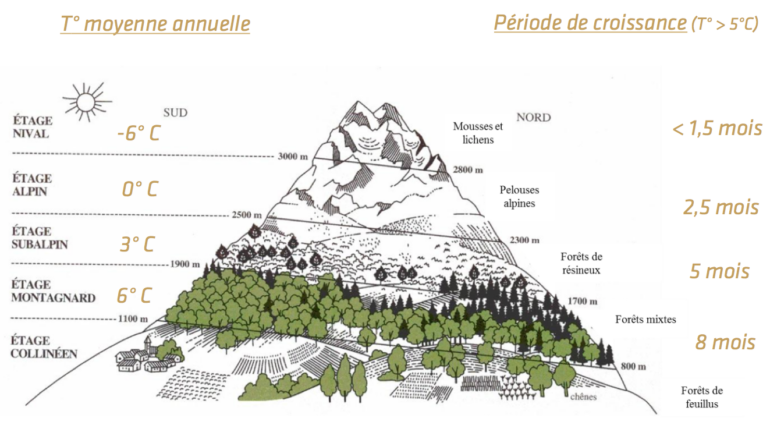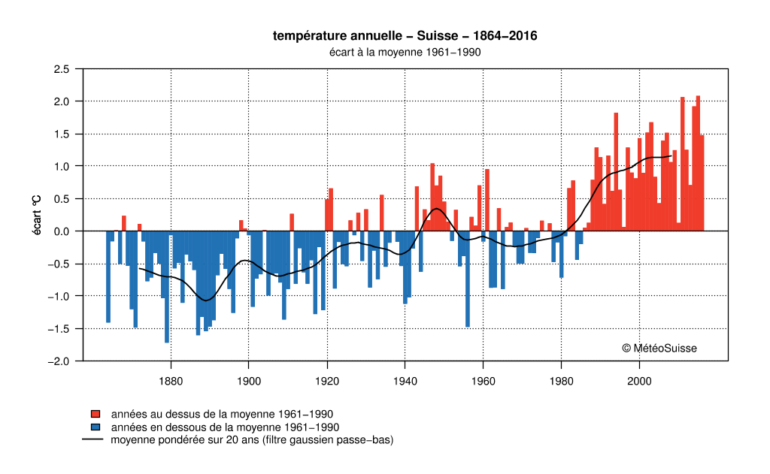The Chamonix Valley has long been home to some of the world’s most adventurous humans, and the mountain ecosystems are home to similarly rugged individuals. Perhaps it’s in the water or the long history of adventurous spirits calling this mountain valley home — whatever it is, the extremity of this alpine landscape hones the survival skills of all its inhabitants (plants and animals alike) into a delicate balance of survival. But with climate change now disrupting this age-old balance, these special creatures find themselves increasingly vulnerable.
A History of Mountain Research
In response, some of these bold, action-oriented locals founded CREA Mont Blanc in 1996 for research and education. An independent non-profit with lofty goals and deep ties to the local community, CREA Mont Blanc seeks to engage both scientists and the public. Their mission: to combine “high quality ecological research with communication and education initiatives” — including the first citizen science efforts in France and some of the coolest ecological research happening in the valley today.

CREA Mont Blanc is based in the heart of Chamonix’s hustle and bustle. Appropriately, their offices are in the historic building first established in 1881 by Joseph Vallot, a dynamic scientist who focused his research on the valley after an historic ascent of the iconic Mont Blanc. Now a mainstream organization, CREA is looked to as a climate leader in this part of the French Alps and beyond.
CREA is a an acronym of the French Centre de Recherches sur les Ecosystèmes d’Altitude, or Research Center for Alpine Ecosystems.

Changing Patterns
The European Alps have seen significant change over the past century. According to CREA Mont Blanc’s website, “over the course of the 20th century, temperatures have risen by 2 degrees Celsius — greater than the French average of 1.4 degrees Celsius and double the increase recorded in the Northern Hemisphere” as a whole. That means species would need to retreat 100 meters up slope to continue the life they are adapted to. Unfortunately, there is only so much available space upslope, and any species capable of this migratory movement will likely create a new set of problems as they crowd out other native plants and animals.

Why data recording & science is important:
Indigenous peoples around the world have been tracking and recording pattern changes for decades. The challenge: they aren’t always the loudest voice in the room. One way to amplify our allies’ voices is to collect the data and the numbers behind these changing patterns.
With over 60 automated temperature gauges around the Alps, CREA Mont Blanc is doing just that. According to their website, “this unique monitoring network allows researchers to compare climate data (temperature and snowpack) with flora and fauna observation data”. In addition, they’ve made the monitoring stations’ information available to the public to help bolster awareness and hopefully advocacy.
How you can help:
We are working to establish citizen science opportunities for travelers in the Alps. With CREA Mont Blanc as inspiration, as well as organizations closer to home, we are assembling some fun, informative, engaging projects to put at your fingertips. If you have ideas, curiosity, or simple motivation, let us know and we’ll point you in the right direction. In the wise words of Anthropologist Margaret Mead, “Never doubt that a small group of thoughtful, committed citizens can change the world; indeed, it’s the only thing that ever has”.






